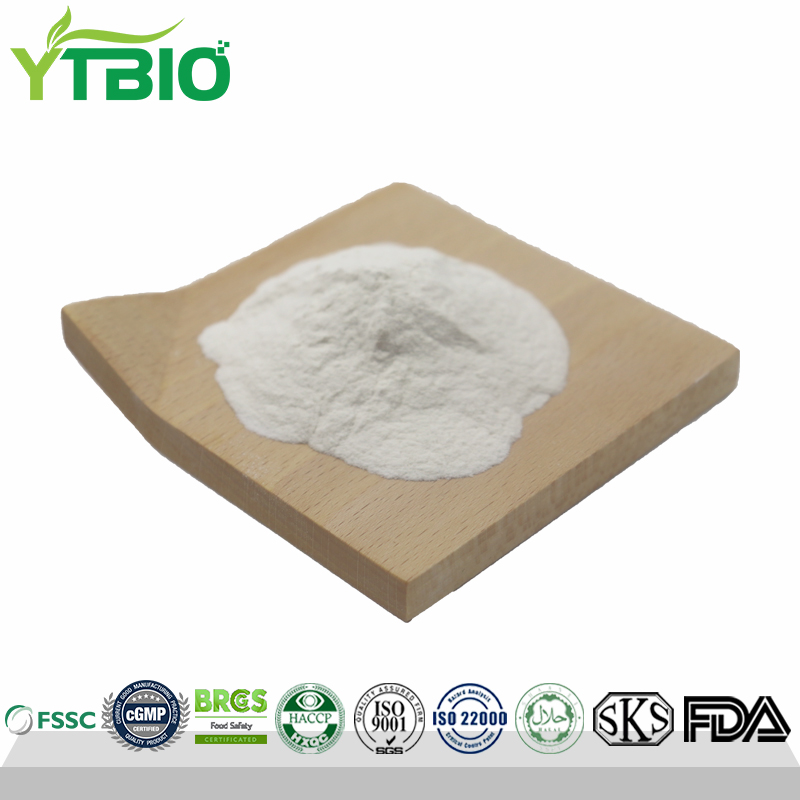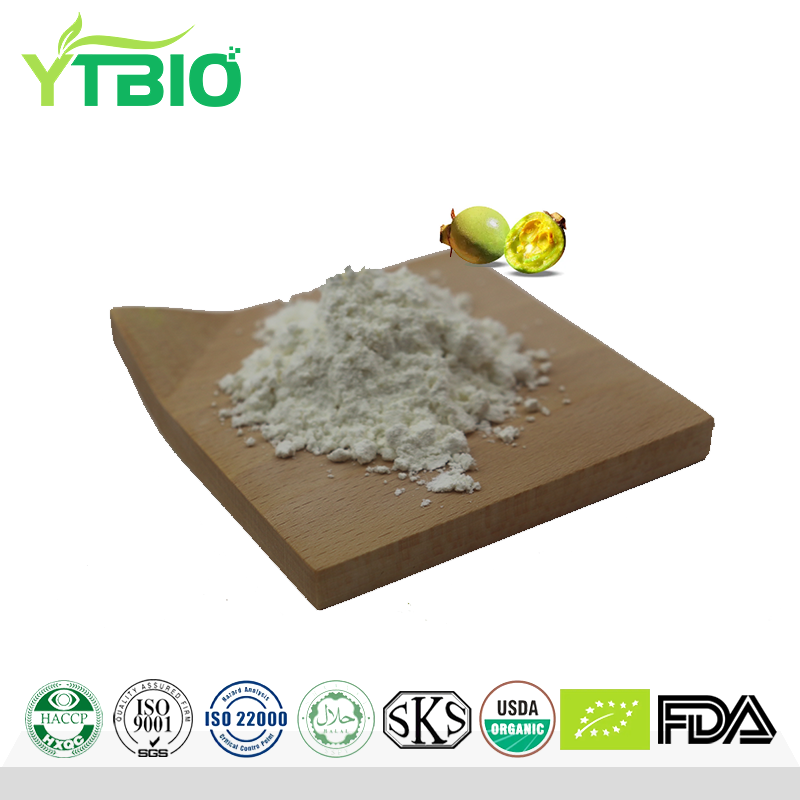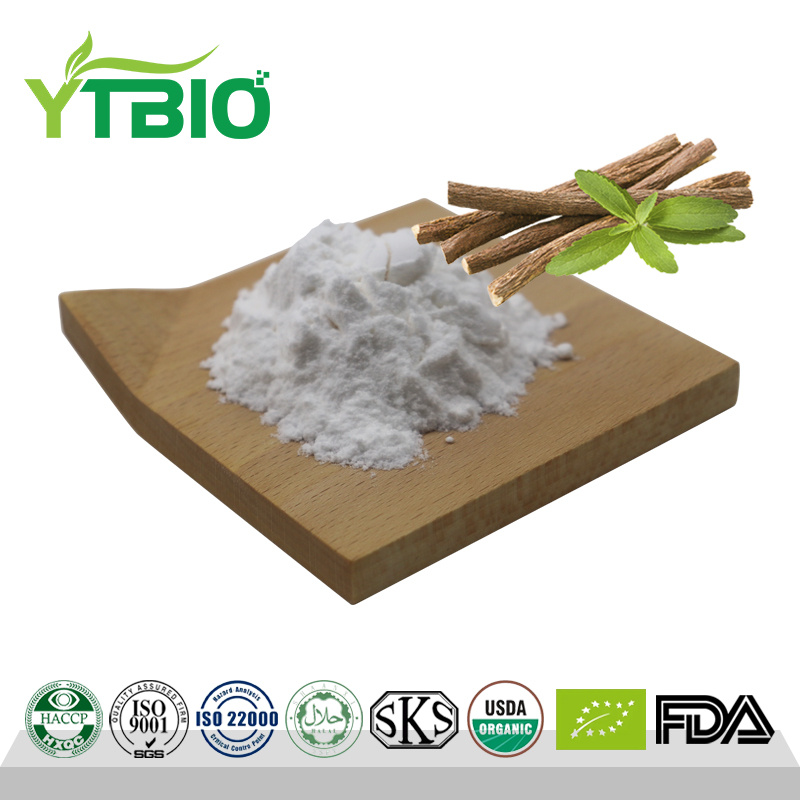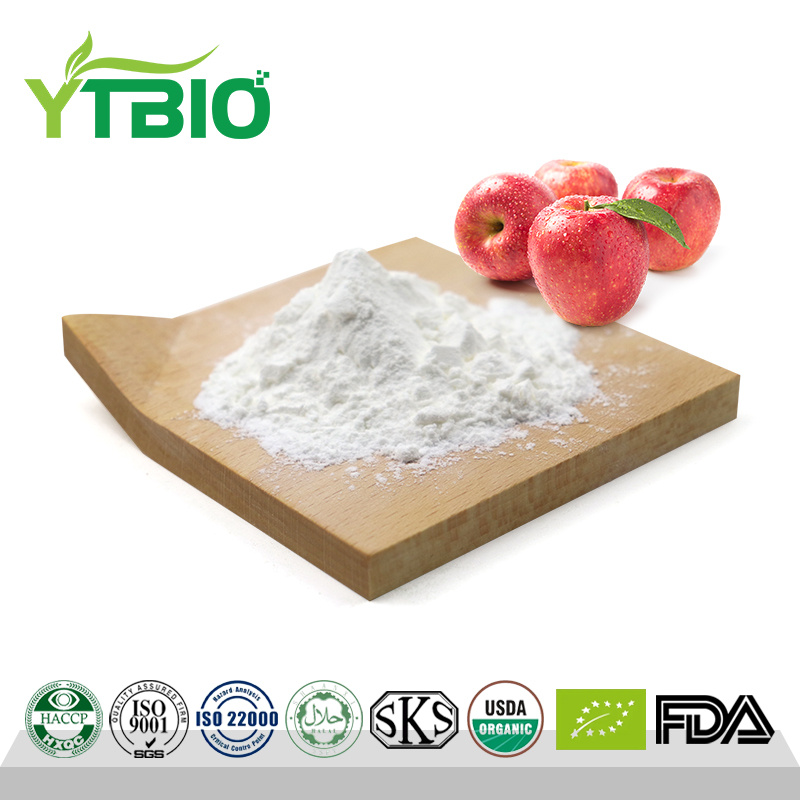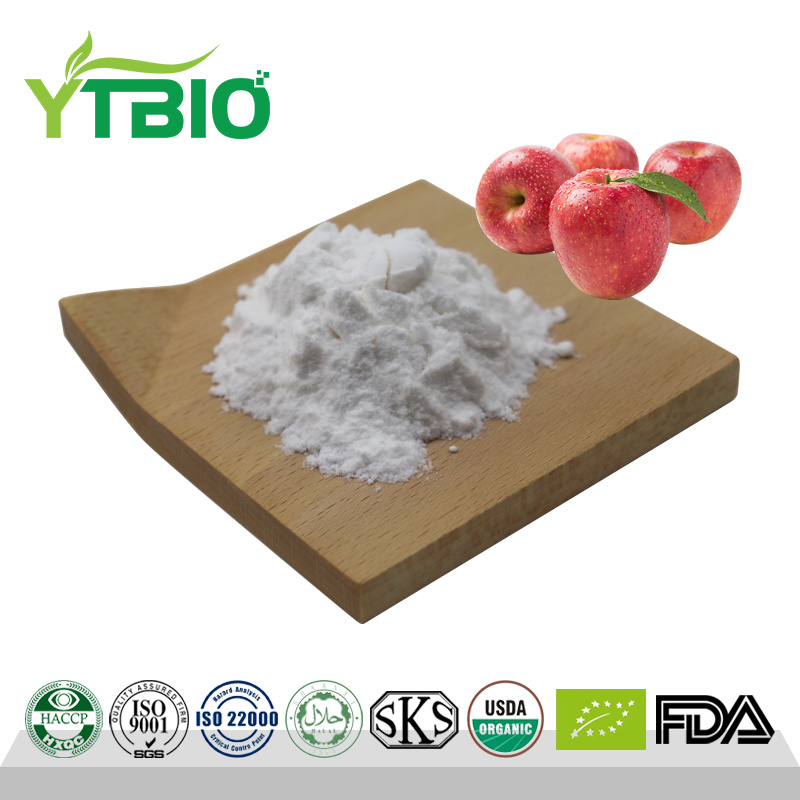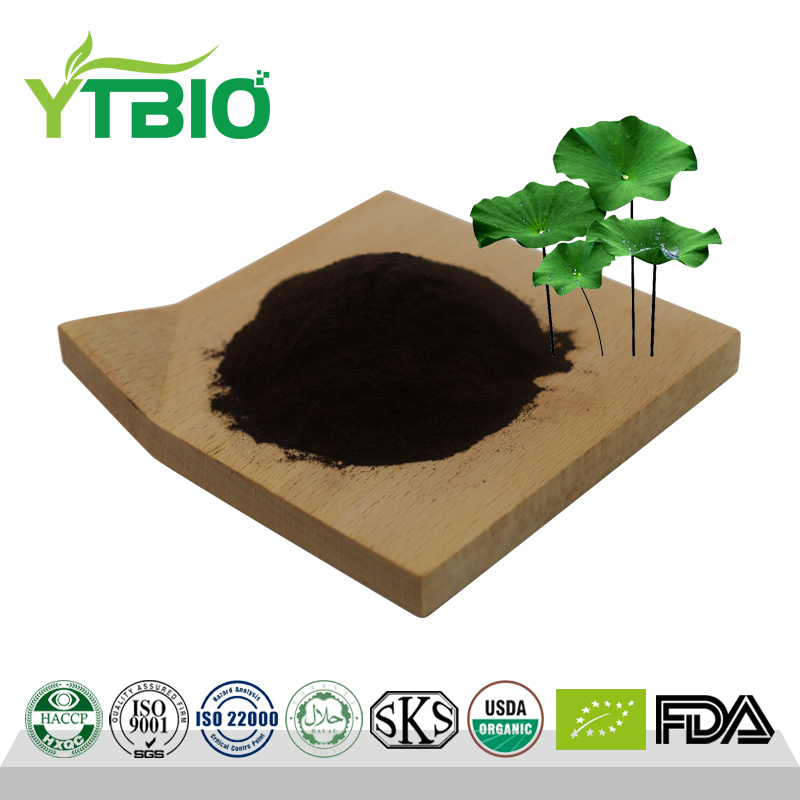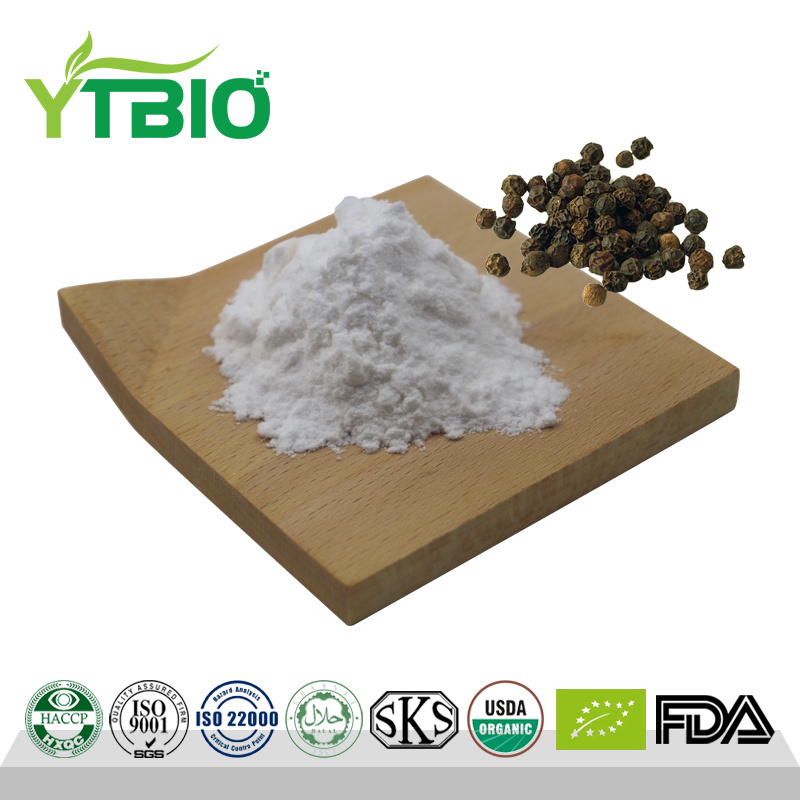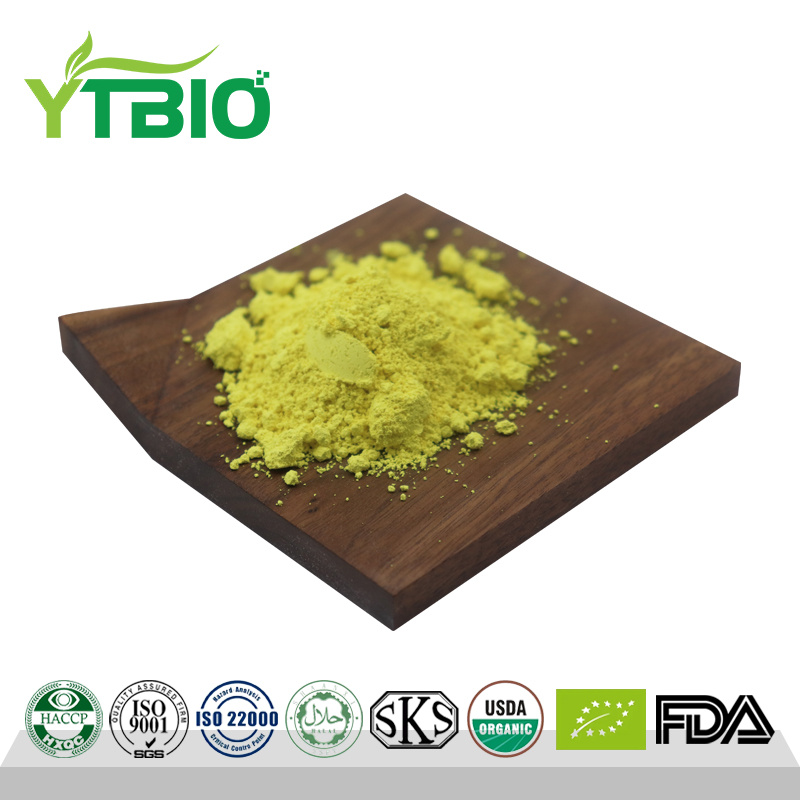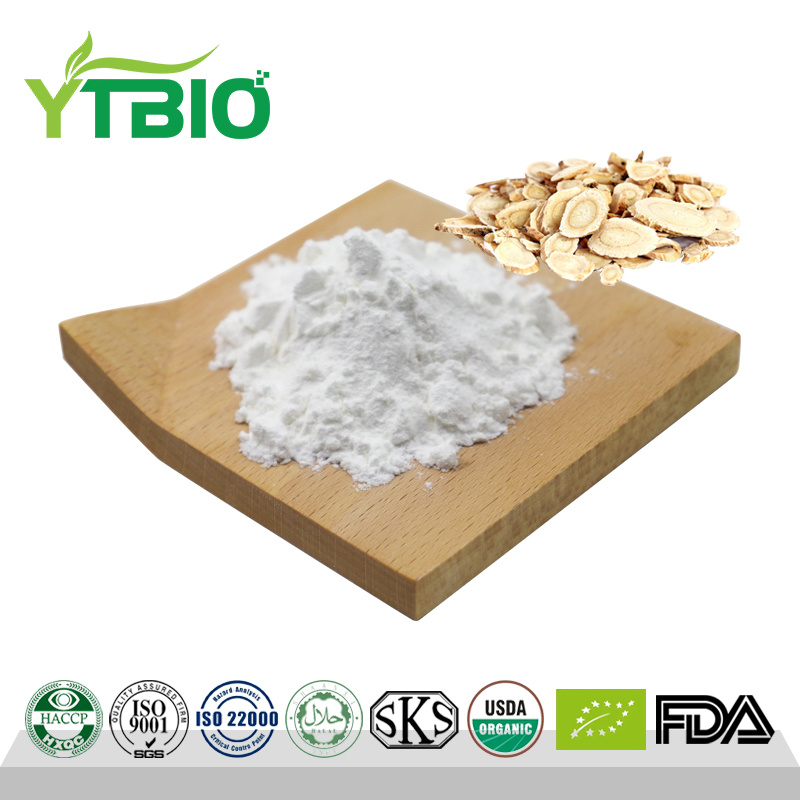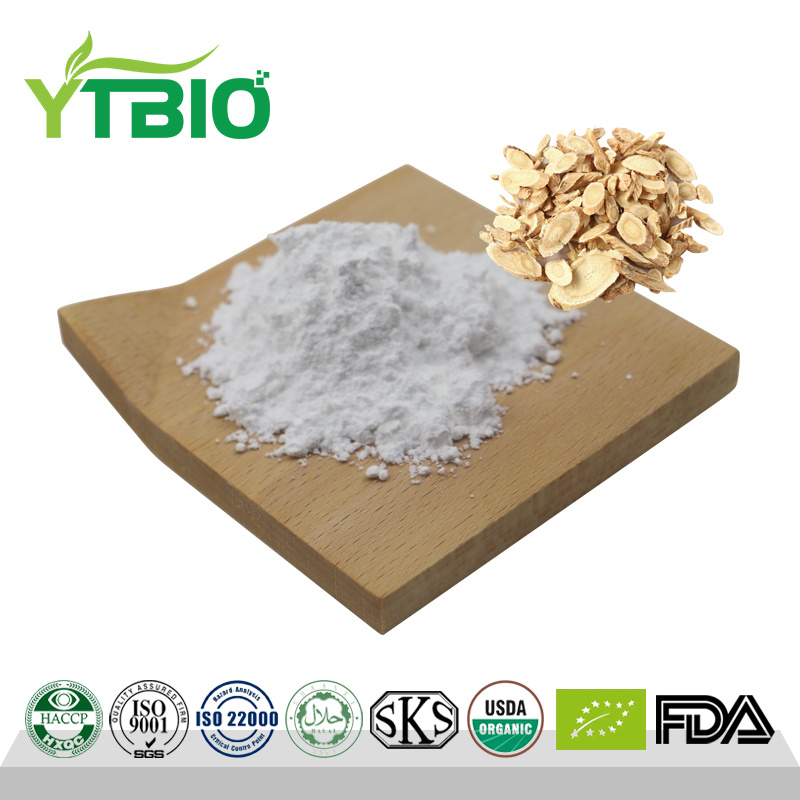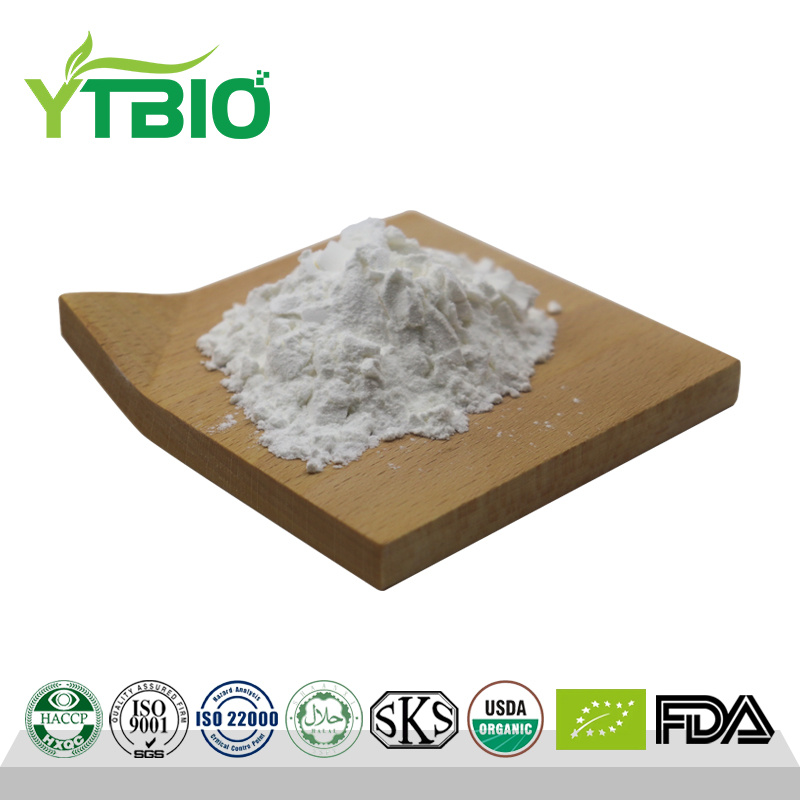Bata-Nicotinamide Adenine Dinucleotide NAD+ Powder
What is NAD+?
NAD+ (Nicotinamide Adenine Dinucleotide) is an important coenzyme that is widely present in every cell and involved in thousands of biochemical reactions. It is a key coenzyme in the citric acid cycle (TCA cycle), promoting the metabolism of carbohydrates, fats, and amino acids, and playing a crucial role in energy production. Extensive experimental data have shown that NAD+ is involved in a variety of essential physiological processes in the body, including energy metabolism, DNA repair, genetic modification, inflammation regulation, circadian rhythm regulation, and stress resistance, all of which are critical cellular functions.
Research indicates that the levels of NAD+ in the human body decrease with age. This decline may lead to various functional impairments, such as neurodegeneration, vision loss, obesity, and decreased heart function. Therefore, how to effectively increase NAD+ levels has become a focus of research in the biomedical field, with the aim of intervening in NAD+ metabolism to delay aging and improve related diseases.
Why Does NAD+ Decrease?
As we age, DNA damage gradually increases. During the DNA repair process, the demand for PARP1 (Poly(ADP-ribose) polymerase 1) rises, while the activity of SIRT (Sirtuins) is limited, leading to increased consumption of NAD+. This results in a natural decline in NAD+ levels. Research has shown that if sufficient NAD+ is replenished, many bodily functions can gradually return to a more youthful state. Therefore, the decrease in NAD+ is closely related to DNA repair and the decline of cellular functions during aging, and replenishing NAD+ may become an important approach to delay aging and improve functions.
Why Can NAD+ Make People Younger?
As a Coenzyme Involved in Metabolism
NAD+ plays a key role as a coenzyme in cellular metabolism, particularly in the mitochondria, where it helps maintain metabolic balance. NAD+ is involved in essential metabolic processes such as glycolysis, the TCA cycle (also known as the Krebs cycle or citric acid cycle), and the electron transport chain—processes that are the main pathways for energy production in cells. However, aging and high-calorie diets can lead to a decline in NAD+ levels.
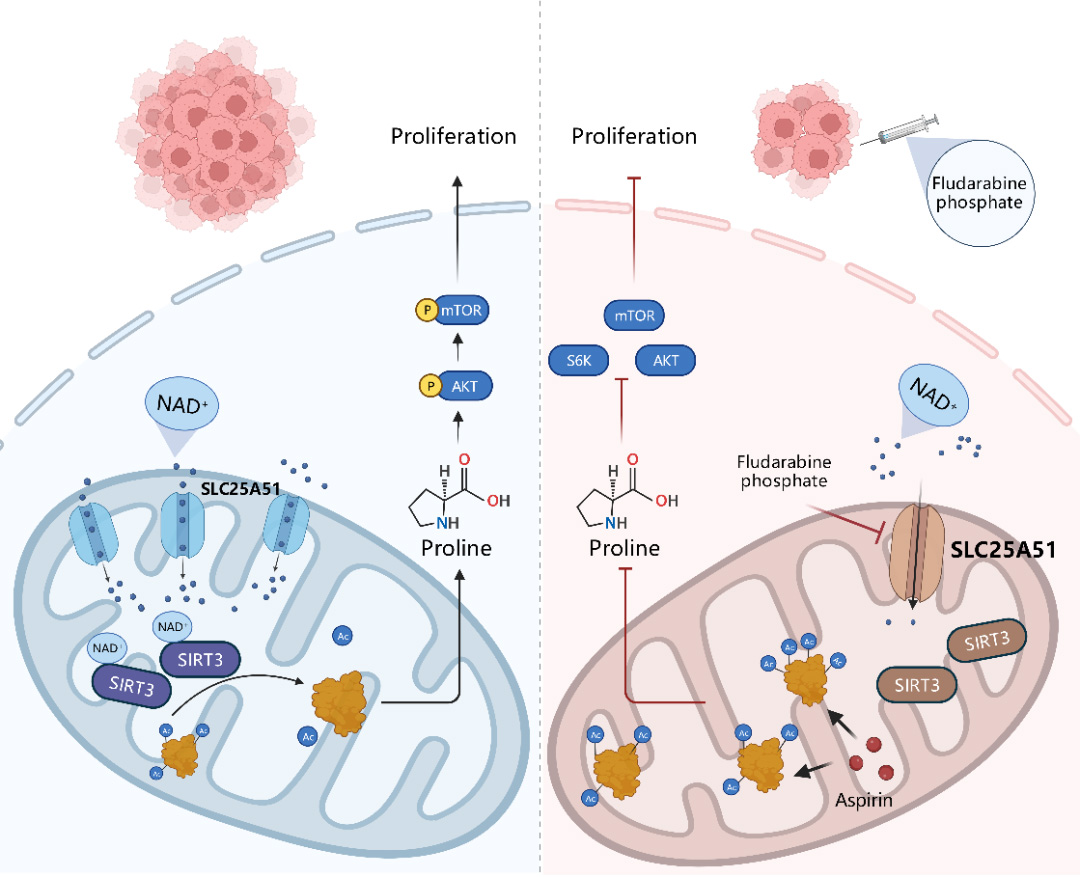
NAD+ works by binding to enzymes and transferring electrons between molecules, with electrons being the foundation of cellular energy. The role of NAD+ in cells is similar to charging a battery: when the electrons are depleted, the cell’s energy is also exhausted. In cells, NAD+ provides energy by promoting electron transfer, thereby regulating enzyme activity, gene expression, and cellular signaling. Therefore, NAD+ is not only a core molecule in energy metabolism but also plays a critical role in the regulation of cellular functions.
Assisting in DNA Damage Repair
As organisms age, harmful environmental factors such as radiation, pollution, and the inherent inaccuracies in DNA replication lead to DNA damage, which is a key theoretical basis for aging. Almost all cells possess "molecular mechanisms" to repair this damage, but the repair process requires the consumption of NAD+ and energy. Therefore, excessive DNA damage depletes valuable resources within the cell. One important DNA repair protein, PARP (Poly(ADP-ribose) polymerase), relies on the presence of NAD+ to function effectively. As DNA damage accumulates during normal aging, PARP activity increases, which in turn leads to a decrease in NAD+ levels. Furthermore, any DNA damage in the mitochondria further exacerbates the consumption of NAD+, accelerating the depletion of cellular resources.
Affecting the Activity of Longevity Genes Sirtuins and Inhibiting Aging
The newly discovered longevity genes, sirtuins, are known as the "guardians of the genome" and play a crucial role in maintaining cellular health. Sirtuins are a family of enzymes involved in cellular stress responses, damage repair, insulin secretion, and the regulation of the aging process. Additionally, they are closely linked to age-related diseases such as neurodegenerative disorders and diabetes.
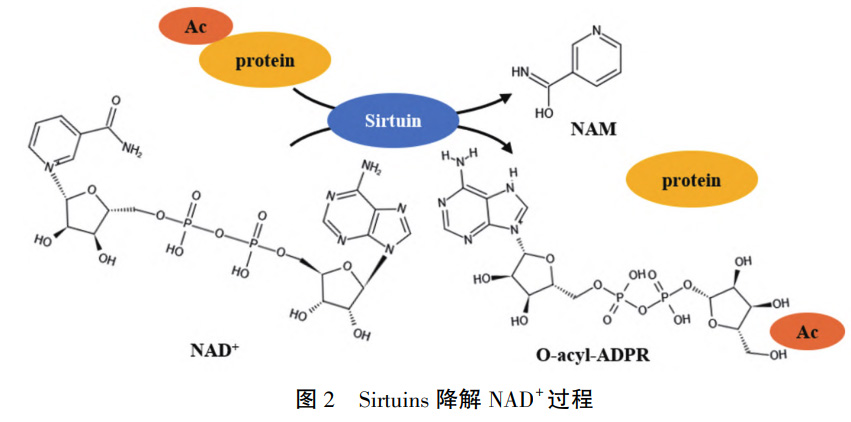
NAD+ is the key fuel that enables sirtuins to function, helping them maintain genome integrity and promote DNA repair. Just as a car needs fuel to run, the activation of sirtuins also depends on NAD+. Animal studies have shown that increasing NAD+ levels can activate sirtuins, thereby extending the lifespan of yeast and mice. This finding provides important scientific evidence for using NAD+ regulation to delay aging and improve health.
Heart Function
Increasing NAD+ levels can protect the heart and improve heart function. Hypertension can lead to heart enlargement and arterial blockages, which may result in stroke. Supplementing NAD+ levels in the heart with NAD+ supplements has been shown to inhibit damage caused by reperfusion. Other studies suggest that NAD+ supplements can also protect mice from abnormal heart enlargement.
Neurodegeneration
In mice with Alzheimer's disease, elevating NAD+ levels reduces the accumulation of proteins that disrupt brain communication, thereby enhancing cognitive function. When there is insufficient blood flow to the brain, increasing NAD+ levels can also protect brain cells from death. This demonstrates new potential for NAD+ in defending against neurodegeneration and improving memory.
Immune System
As we age, our immune system declines, making us more susceptible to illness. Recent studies show that NAD+ plays a crucial role in regulating immune responses and inflammation during aging, as well as in cell survival. These findings highlight the potential of NAD+ in treating immune dysfunction.
The Role of NAD+ and Its Relationship with Aging
Promotes Bioenergy Production
NAD+ generates ATP through cellular respiration, directly replenishing cellular energy and enhancing cell function.
Repairs DNA
NAD+ is the only substrate for the DNA repair enzyme PARP, which participates in DNA repair and helps restore damaged DNA and cells, reducing the likelihood of cellular mutations.
Activates All Longevity Proteins
NAD+ activates all seven types of longevity proteins, making it crucial for anti-aging and lifespan extension.


